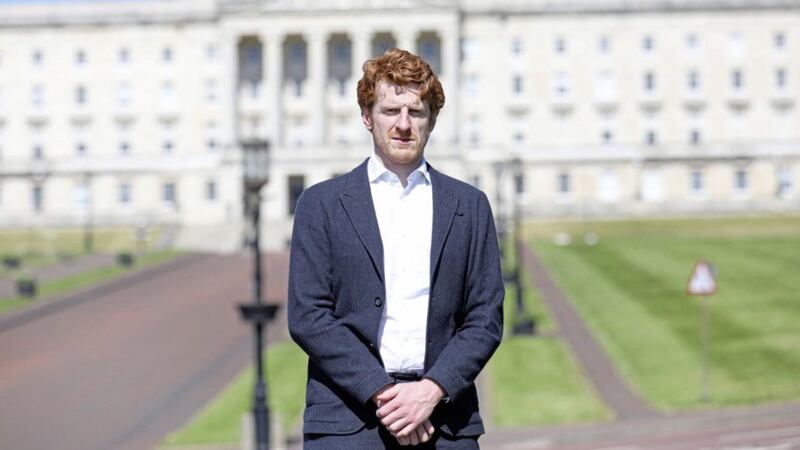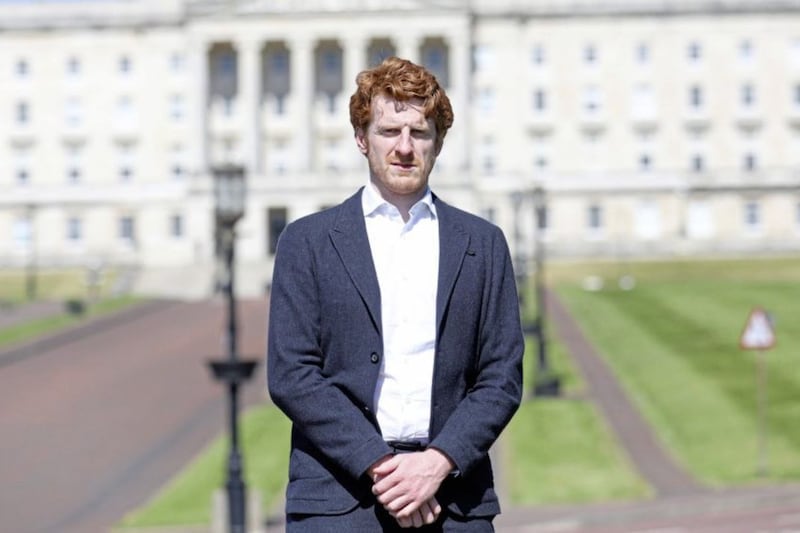SDLP MLA Matthew O'Toole last night said he was "baffled" by comments from a leading historian who claims fear of all-island economy is driving unionist opposition to the Northern Ireland Protocol.
Lord Paul Bew yesterday also said he believes the Irish government "should act with flexibility and pace" over the protocol to avoid the "erosion" of the Good Friday Agreement.
In an article in The Irish Times, he asks is "anyone in Dublin listening" adding that the protocol has raised concerns about the future of the separate economies on the island of Ireland.
"The loose and vague use of the term 'island economy' in nationalist circles merely fuels the unionist fear that the protocol is essentially creating an economic united Ireland not just protecting the EU single market," he writes.
"This economic united Ireland created by the protocol will then, it is thought, undermine the union.
"We have been here before: it was a key point in the opposition to the Good Friday Agreement in 1998.
"It fell by the wayside because it was trumped by reality, the principal elements of which remain in place: Northern Ireland with its large public sector depends on the UK subvention of £15 billion while the Republic depends on its brilliant success in attracting foreign direct investment. However, this renewed sense of threat has made the DUP’s position rather weaker."
In the article, the emeritus professor at Queen’s University Belfast, also said: "The objective of the protocol is not simply to protect Ireland’s place in the single market without erecting a hard border.
"The key here is to note the protocol’s acceptance of 'the importance of maintaining the integral place of Northern Ireland in the United Kingdom’s internal market'.
"Then link it with the objective of strand three of the Good Friday Agreement: 'harmonious and mutually beneficial relationships' including, specifically, Northern Ireland/ GB relationships.
"The danger now is that we are witnessing erosion of the historic compromise of 1998. It is worth acting with flexibility and pace to avoid such a disastrous outcome.
"Neither is this simply a requirement of conservation.
"If the agreement survives this crisis, it is likely to be revitalised.
"As Donaldson noted in these pages, enhanced consensual co-operation is the way to move away from the tensions of recent times which have threatened to reignite the cold war between north and south. But is anyone in Dublin listening?"
But Mr O'Toole criticised Professor Bew and said he was "baffled" by the comments.
"He ascribes the talk of an 'island economy' as both 'loose and vague' and promulgated by 'nationalist circles'," he wrote on Twitter.
"In actual fact the phrase is most associated with Sir George Quigley, a civil servant and industrialist who was most definitely not a nationalist.
"In any event what is wrong with an island economy?
"Not least if NI is also self evidently still participating in the UK economy."







